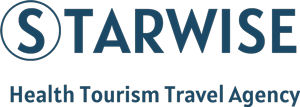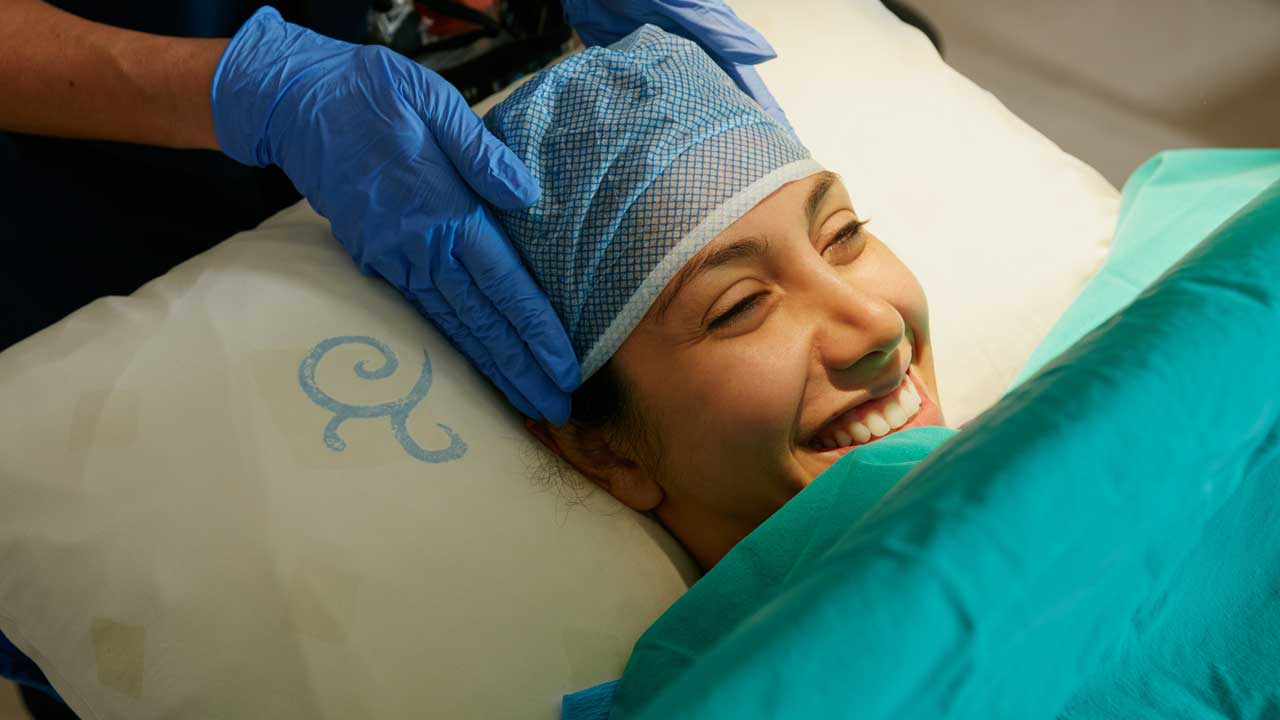You’ve done your research, chosen a top-rated surgeon, and successfully undergone your procedure in a foreign country. The hard part is over, right? For many medical tourism patients, the reality hits after the surgery is complete. The first 48 hours of post-surgery recovery abroad are a critical window that can feel disorienting, overwhelming, and isolating if you’re not prepared.
This guide isn’t about sugar-coating the experience. It’s a practical, step-by-step walkthrough of what you can realistically expect in those first two days, empowering you with knowledge and actionable tips to navigate this challenging period with confidence. Let’s pull back the curtain on surgery aftercare away from home.
The Immediate Aftermath: Waking Up in the Recovery Room (Hours 0-6)
You’ll slowly wake up from the anesthesia in a dedicated recovery room or the ICU, depending on the complexity of your procedure. This is where disorientation is most acute.
What to Realistically Expect:
- The Anesthesia Fog: Grogginess, confusion, and dry mouth are completely normal. Don’t be alarmed if you can’t immediately remember where you are.
- Vital Sign Monitoring: A nurse will be frequently checking your blood pressure, heart rate, and oxygen levels. You’ll likely be hooked up to monitors, which can be intimidating but are standard procedure.
- Pain Management: You may feel significant pain or discomfort as the anesthesia wears off. This is the time to communicate clearly with your nurses. Don’t be a hero; managing pain early is crucial for recovery.
- Tubes and Catheters: It’s common to have an IV for fluids and medications, and possibly a urinary catheter. These are usually removed within the first 24 hours.
Actionable Tip: As soon as you are coherent, ask your nurse for a sip of water and confirm the language they speak. Have a pre-translated phrase card or use a translation app on your phone for basic needs like “pain,” “bathroom,” or “nausea.”
Settling Into Your Room: The First 24-Hour Cycle
Once you’re stable, you’ll be moved to a private room. This is your base for the next phase of recovery.
Communication is Your Greatest Tool
The language barrier is the single biggest source of anxiety for patients recovering abroad. Your medical team is likely proficient in English, but nuances can be lost.
- Ask Key Questions: Don’t hesitate to ask:
- “What is the plan for my pain management?”
- “When can I start eating and drinking?”
- “When am I expected to get out of bed for the first time?”
- “Who is my point of contact if I have a concern after hours?”
- Use a Notebook: Write down your questions as you think of them and log the answers. Brain fog is real, and you won’t remember everything.
The “Firsts” and Why They Matter
Your care team will encourage several milestone activities. These are not suggestions; they are essential for your recovery after surgery.
- First Sips of Water: This tests your body’s readiness to handle intake and prevents dehydration.
- First Time Sitting Up: This helps improve circulation and lung function, reducing the risk of blood clots and pneumonia.
- First Walk to the Bathroom (Assisted): This is a major milestone! It re-engages your muscles and promotes independence. The first time will be slow and supported by a nurse.
Personal Anecdote: “After my knee surgery in Croatia, the nurse insisted I walk just six hours post-op. I was terrified, but with her support, I shuffled five feet to the bathroom. It was exhausting, but the psychological boost of achieving that small victory was immense and set the tone for my entire recovery journey.”
Hours 24-48: Navigating New Normals and Challenges
By the second day, you’ll be more alert, but new challenges arise as your body begins processing the trauma of surgery.
Pain and Medication Management
You’ll transition from IV painkillers to oral medications. Pay close attention to the schedule. Medical tourism aftercare requires you to be your own advocate.
- Stay Ahead of the Pain: Don’t wait for the pain to become severe before asking for your medication.
- Understand Your Meds: Ask for a written list of all medications, their purpose (e.g., pain, anti-inflammatory, blood thinner, antibiotic), and their dosage schedule. This is critical information for your records and for your doctor back home.
Nutrition and Hydration
Your appetite may be low, but fuel is crucial for healing.
- Start Simple: Request broths, crackers, yogurt, or toast.
- Hydrate, Hydrate, Hydrate: Water is essential for healing and helps flush anesthesia from your system. Keep a water bottle within reach at all times.
Mental and Emotional Well-being
This is often the most overlooked aspect of recovering from surgery abroad. Jet lag, cultural disorientation, and post-anesthesia blues can converge.
- Combat Loneliness: Schedule a daily video call with family or friends back home. The familiar faces will be a huge comfort.
- Distract Yourself: Load your tablet with movies, podcasts, and music before you travel. Now is the time to use them.
- Practice Mindfulness: Simple breathing exercises can manage anxiety and pain. Breathe in for four counts, hold for four, and exhale for four.
Planning for Discharge: Don’t Wait Until the Last Minute
Discharge planning begins almost as soon as you’re settled. Being proactive is key to a smooth transition.
Your Discharge Checklist:
- Clear Instructions: Ensure you have written, easy-to-understand discharge instructions covering wound care, medication schedules, and activity restrictions.
- Follow-up Appointments: Confirm the details of your follow-up appointments with both the local surgeon and your coordinator.
- Accommodation & Transport: Have your hotel or recovery apartment booked and confirm how you will get there. You will need a comfortable vehicle and assistance.
- Prescriptions: Get your prescriptions filled before you leave the hospital. Know the generic drug names, as brand names differ by country.
The Bottom Line: Your Mindset Determines Your Recovery
The first 48 hours after surgery in a foreign country will test you. It’s a rollercoaster of physical discomfort, mental fog, and emotional vulnerability. But by setting realistic expectations, communicating proactively, and focusing on small victories, you can navigate this period successfully.
Remember, you chose this path for a reason—whether it was for more affordable care, a shorter wait time, or access to a specific expert. Keep that goal in mind. Your journey to wellness has begun, and being prepared for this initial, intense phase is the strongest first step you can take.


